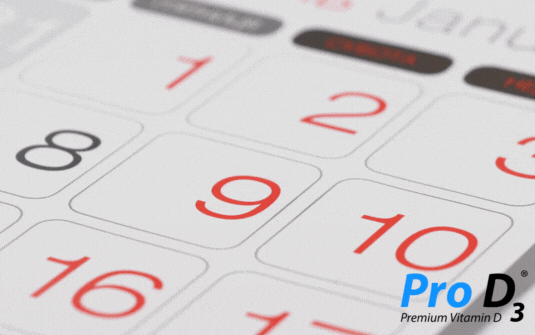As we approach Ramadan, a time of fasting and reflection, it's crucial to discuss the significance of Vitamin D, especially given that Ramadan this year falls just after the winter months in northern latitudes. This poses a unique challenge for maintaining adequate Vitamin D levels, which are essential for overall health.
Vitamin D is synthesised in our skin in response to sunlight, but during winter, especially in northern latitudes, the lack of sunlight combined with cultural dress that covers most of the skin can lead to a deficiency. This risk is further increased for people with darker skin, who naturally require more sunlight to produce sufficient Vitamin D.
Fasting during Ramadan, while a time of spiritual significance, can also impact Vitamin D levels. Research has shown that fasting can influence the bioactivation of Vitamin D. Specifically, fasting was found to repress the expression of CYP2R1, a key enzyme in Vitamin D metabolism, in the liver . This repression could potentially contribute to lower Vitamin D levels during periods of fasting.
Low Vitamin D levels are associated with various health concerns. Symptoms of deficiency can include fatigue, muscle weakness, bone pain, and mood changes like depression. For those observing Ramadan, these symptoms can be particularly challenging, as they may impact daily activities and the ability to fast effectively.
Pro D3: A Suitable Choice for Ramadan
Pro D3 emerges as an ideal supplement choice for Muslims during Ramadan. Its formulation not only caters to the increased need for Vitamin D during this period but also aligns with dietary and cultural requirements. Pro D3 is Halal certified, ensuring that both its ingredients and production processes meet strict Halal standards. This certification provides assurance to Muslims that Pro D3 supplements are suitable for consumption during Ramadan, aligning with their dietary laws and practices.
In conclusion, maintaining adequate Vitamin D levels is crucial, ideally a month before and during periods like Ramadan when fasting and limited sunlight exposure in winter months can lead to deficiencies. Supplementation with Pro D3, either daily or weekly, offers a practical and culturally appropriate solution to support health and wellbeing during this significant time.



